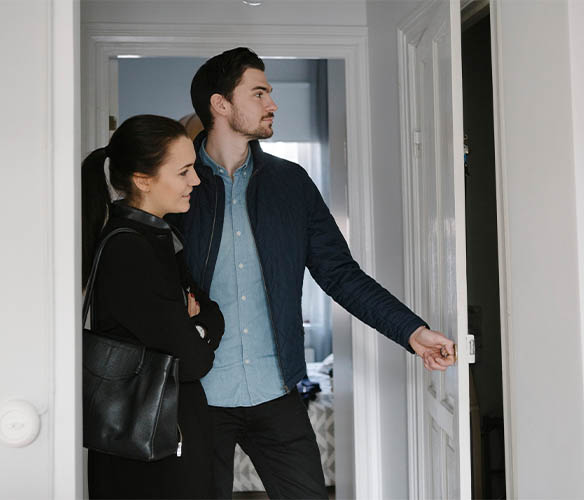Gifts of money
With house prices consistently climbing, it’s becoming more and more common for parents and family members to help their children get into the property market with a gift of money.
When a family member does gift money, the lenders will be looking for proof that this is in fact a ‘gift’ and that you are not expected to repay the money. Lenders will want to see a statutory declaration that the money comes from an immediate family member and is non repayable. Different lenders require different levels of detail around the use of a gift of money, so it’s best to speak with a mortgage broker to see what the specific requirements are.
In general, most lenders will require the money to be held in a savings account for at least three months for it to be considered as genuine savings. However, it’s not always necessary to have the gift deposited for three months as not all lenders require the gift to fall into the ‘genuine savings’ category.







